Ghana
Anlo Ewes in southeastern Ghana commemorate their exodus from Notse in Togo to Ghana with the annual Hogbetsotso festival in November annually. The Ewes are said to have escaped from a ruthless leader called King Agorkoli in Notse, before settling in their present land in Ghana.
Hogbetsotso is derived from the Ewe dialect, Ho which means to ‘move’, Gbe meaning ‘day’ and Tsotso; ‘crossing over’.
According to Agbotadua Kumassah, a spokesperson for the Anlo Chiefs, Ewes were ruled by both good and cruel kings, King Agorkoli is said to be the most ruthless.
At a point in time, the King ordered the Ewes to erect a security wall with a height of 24 by 18 feet around his Kingdom with clay. The clay was mixed with hedgehogs, bristles, prickly thorns and broken pots.
When Ewes had enough of King Agorkoli, women were asked to desecrate the wall with waste water, with time the clay began to soften.
Husago Dance
The festival is incomplete without the traditional Husago dance. On the night of the escape from Notse, cultural anthropologists say the Anlos tactically danced backwards to throbbing music of the “Adekpetsi” and the “Husago” so that their foot steps will not be traced.
“Before the Germans came, the Ewe land was one stretch of land from the Volta River to the Mano River in Benin. But when they came, the Germans took hold of Togo and the French took hold of Benin. They are the same ewe people. As you move along the coast, we have no other language but Ewe,” said Agbotadua Kumassah, spokesperson for the Anlo Chiefs. ### Spiritual cleansing
October marks the beginning of the festive season, and it continues till November. The Anlo land is spiritually cleansed at the beginning of the season.
“Maybe many acts that our people did defiled the land. We do consecration of the land, which we call ‘afekplokplor’. We also have another rite which is cleansing the physical objects that we have in our houses which we call ‘dordede’. Then there is the ban on drumming and dancing. They are all spiritual acts and now the ban on drumming and dancing just draws our minds back to those days when our ancestors wanted silence on the land,” said Agbotadua Kumassah, spokesperson for the Anlo Chiefs.
The festival is climaxed with a grand durbar of the Chiefs and people of the Anlo traditional Area.
It is held every first Saturday of November with pomp and pageantry. Anlos display their rich cultural heritage during this period which is well attended by natives both home and abroad. It has over the years become a homecoming period for Anlos and a time to settle family disputes.
Many tourists have also come to revere events that led to the commemoration of the dramatic escape from Notse.



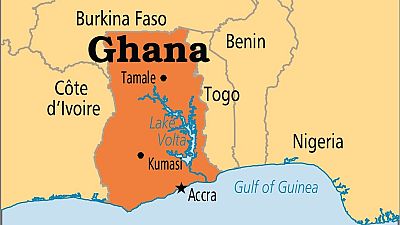



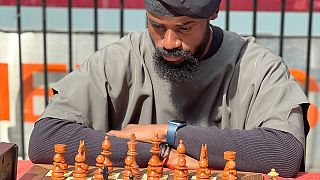


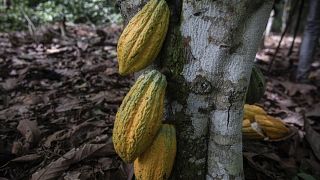
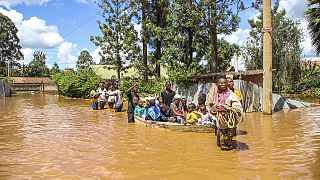

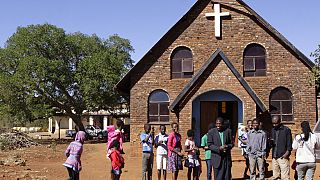
Go to video
5 African countries with the highest Schengen visa rejection rates
02:20
Inedible for some, delicious for others: inside Berlin's 'Disgusting food' museum
02:20
Morocco: Nafar, the special town crier that works annually during Ramadan
01:20
Egypt leads in medals as the 13th All-Africa Games come to an end
01:57
All-Africa Games: Mauritius dominates cycling as Egypt collects 91 gold medals
01:02
Pics of the day: March 5, 2024